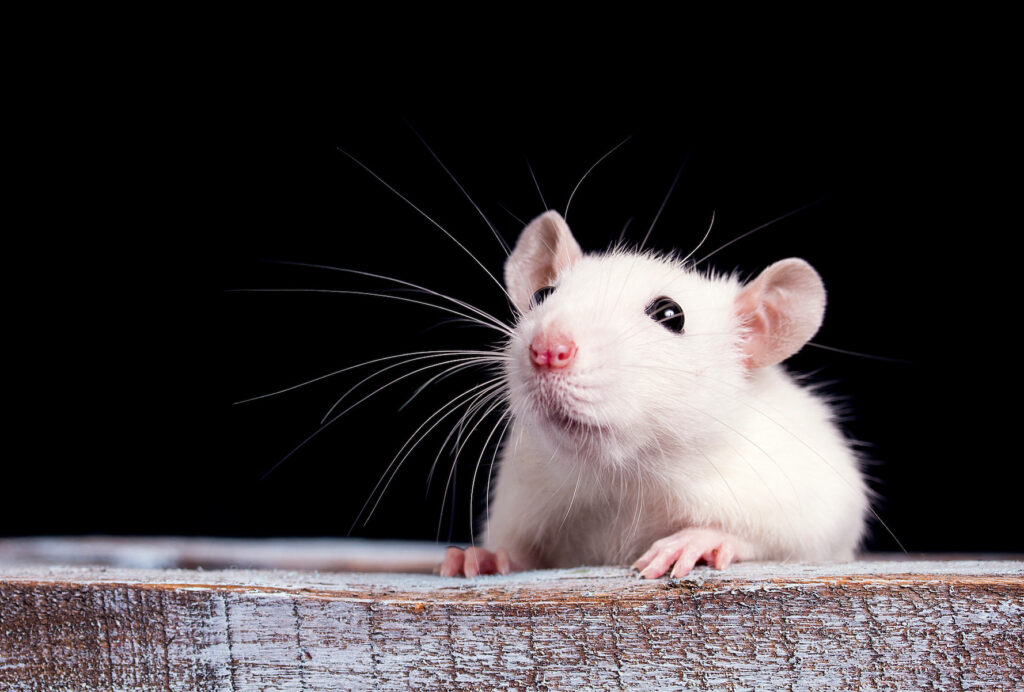In today’s article, we’ll be looking at the groundbreaking experiment known as Rat Park from the late 1970s. This experiment provides valuable insights into addiction, as it touches on the nature of addiction while challenging prevailing models.
Interestingly, this experiment was conducted in BC at Simon Fraser University (SFU) in the ’70s by Canadian psychologist Bruce K. Alexander and his colleagues. The Rat Park studies are a sort of milestone in addiction science, as they went against the conventional wisdom of the time, challenged the status quo, and—most importantly—questioned assumptions about previous studies.
So, without further ado, let’s explore the Rat Park experiment and its implications for addiction treatment, recovery, and wellness.
A Paradigm Shift in Addiction Studies
Rats have been used in experiments for a long time.
Prior to the Rat Park experiment, rats were used in addiction studies that showed the following: If you give a rat a choice between plain water and water with drugs, it will try the drugs, get hooked, and then continue to self-administer drugs to their detriment. The drugs were even said to “hijack” the brain, in the words of researchers at the time, and rats would be observed neglecting their food, sleep and exercise, always choosing the drugs.
In the 70s, SFU’s Bruce K. Alexander and his team felt that previous experiments were not adequately controlled for environmental factors. After all, rats don’t normally live in small metal cages with no sight of each other or social interaction; they are very social animals that need lots of space. The team at SFU hypothesized that the poor living conditions of the caged experiments were in fact exacerbating the rats’ drug use and skewing the results.
To test this hypothesis, the team created a sort of rat utopia known as Rat Park. This spacious environment was 200 times the size of a standard laboratory cage, housed a diverse community of rats of both sexes, and offered a variety of food as well as play items like balls and wheels, and preferred substrates such as cedar shavings. In this curated environment, where rats could live more meaningful lives, the default “hooked on drugs” pattern didn’t play out the same way.
So, What Happened At Rat Park?
Just like in previous rat addiction experiments, the rats at Rat Park were given a choice between two drop dispensers containing fluids. One dispenser had a morphine solution, while the other provided plain tap water. However, the results of the Rat Park experiment were shocking.
In Rat Park, the rats showed a remarkable preference for water over the drug. Even when they were introduced to morphine while in the park, they still opted for water. This was in stark contrast to the isolated rats in the traditional cage experiments, who became heavily dependent on the drug, leading to neglect of essential needs like eating, sleeping, and exercising.
Indeed, in an enriched, socially positive environment such as Rat Park, the rats exhibited a reduced interest in the drug.

What Does This Mean For Addiction Treatment And Recovery?
While Rat Park was a study conducted on rats, its findings have profound implications for understanding human behaviour, including addiction. Just like rats, humans thrive in supportive, fulfilling environments where they can be themselves and experience a sense of belonging. In contrast, individuals who feel disconnected from others, from themselves, or from meaning may be at a higher risk of turning to substances as a way to cope.
At Sunshine Coast Health Centre, we embrace the lessons from Rat Park. We focus on creating a nurturing environment at our centres that fosters growth, healing, and fulfillment. By addressing the underlying causes of addiction and focusing on individual well-being, we support our clients’ journeys to lead their best lives possible.
If you or someone you know is looking for support with substance use and mental health, please get in touch today.



